India has submitted a new paper to the ongoing WTO agricultural negotiations, making demands that special subsidy welfare benefits enjoyed by 32 developed nations be removed before any other country takes on any commitments.
According to a Geneva-based trade official, the paper created a sharp divide between developed and under developing members, with China, Indonesia, South Africa, Turkey, and Jamaica openly supporting it and demanding its incorporation in the negotiating text.
Also Read: WTO – G-33 proposal addresses India’s fundamental interest, for its MSP
Rich countries such as the United States, the European Union, Australia, the United Kingdom, and Switzerland, on the other hand, said picking one group of members to contribute to the domestic support reduction was unrealistic, according to the official.
The special entitlements, known as the Final Bound Total Aggregate Measurement of Support (FBTAMS), give most developed countries and a small number of developing countries the flexibility to exceed prescribed domestic subsidy levels (set at 5% of the value of produce for rich countries) and to concentrate support in just a few products.
The African Group of countries had previously submitted a paper on the elimination of FBTAMS. It complained that the proposal had not been included in the proposal(draft) text by the Chair of the group on agriculture.
Final deadline
With less than two months until the WTO’s 12th Ministerial Conference (MC12) in Geneva, the Chair of the Agriculture Committee had previously called for an immediate shift to a text-based discussion in order to seek landing zones and agreed wording for the proposal negotiation text.
Text-based discussions revolve around a proposal text that is negotiated threadbare by members until a common minimum is agreed upon by all, which serves as the final agreement.
‘India given figures and statistics to support the argument that FBTAMS permits economies such as the US and the EU to overly subsidize sensitive products like cotton and dairy by providing at least five flexibilities to entitled members, allowing them to gain a competitive advantage in global trade,’ the official said.
The developing countries that backed India praised the evidence is provided as well as the proposed steps to eliminate trade-distorting subsidies. ‘China has stated that this could be the first step in a broader reform of domestic support. After it was addressed, other elements of the pillar could be resolved,’ the official added.
First and foremost
The G-33 Group (members from developing and least-developed countries) and the ACP Group (members from Africa, the Caribbean, and the Pacific) both stated that eliminating FBTAMS is their top priority in domestic support negotiations.
Also Read: Developed countries say India will not be able to find a permanent solution to the MSP issue
Some members questioned the accuracy of the data shared by India, claiming that it only focused on entitled assistance rather than actual subsidies. The EU contended that India benefited from additional flexibility above and beyond the de minimis entitlement through its public stockholding programs.

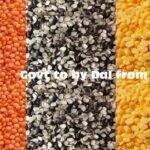


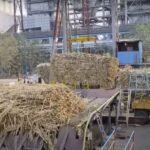

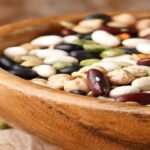
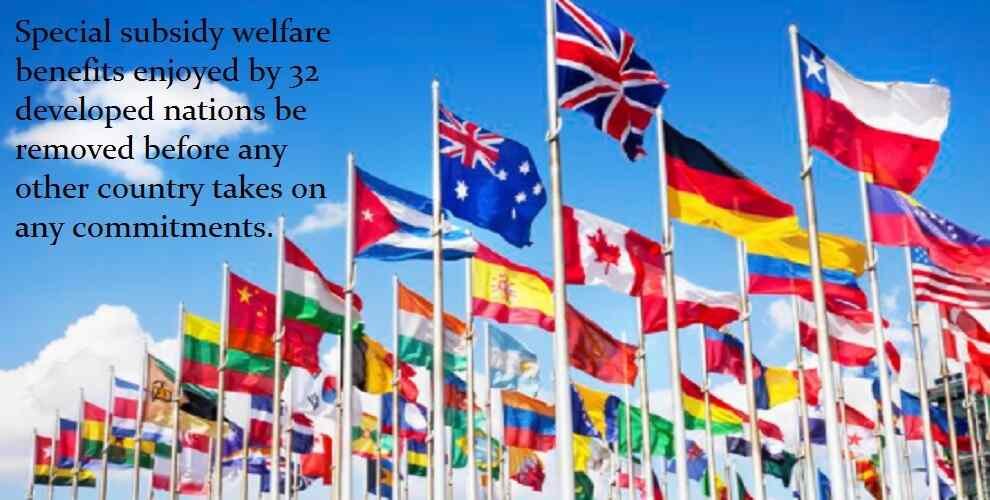


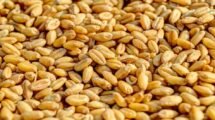







Add Comment